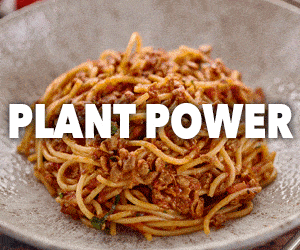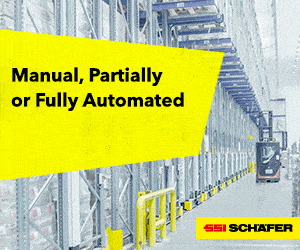Precisely a year ago, we predicted ‘that the worst was yet to come’ appealing for urgent action to be taken to enable those involved in the food supply chain to deliver a seamless, timely service to maintain the supply of essential products. And even before that, in December 2021, PML issued a stark warning that the dire challenges facing businesses operating in the food and drink supply chain needed to be addressed if we didn’t want to see empty supermarket shelves, citing, “This country is in for a very bumpy ride in the foreseeable future. Don’t believe the politicians who refer to a 24-point plan or strategize that research is underway to address the problems. The supply chain industry needs properly planned solutions, not knee-jerk reactions to every crisis.”
And yet here we are. National newspapers are reporting on the fact that supermarkets are facing severe shortages of salad crops, especially tomatoes but also including cucumbers, lettuce and peppers, in addition to broccoli and citrus fruits, all grown overseas in countries such as Spain, Egypt, the Netherlands and Morocco.
There are a myriad factors affecting the supply chain issue including unexpected weather conditions, rising energy bills influencing the volume of crops grown under glass, increased costs of transportation due to rocketing fuel and airport handling costs – and then there is of course the minor matter of Brexit. We are currently in Dubai at the Gulfood exhibition and the message that we are repeatedly hearing on the ground is that producers are simply not interested in shipping fresh produce to the UK because of the unacceptable cost of transportation, coupled with the unprecedented level of paperwork and well documented extensive delays associated with imported goods.
In November it was noted that the country was squaring up to a cost-of-living crisis with food prices increasing at the fastest rate since 1977 (in November, ONS reported a 16.4% hike in prices). The price of food being imported in from in and outside the EU is increasing twice as quickly as what the UK produces domestically, by more than a third over the last 12 months. While it is important to support UK growers, the reality is that the UK climate does not allow for year-round supply of certain fresh produce. And when supply is low, prices go up and quality can be compromised. So, consumers could be paying more for inferior goods, and that is when they can access them …
During the pandemic, the logistics firms responsible for ensuring the continued distribution of food and drink were hailed as heroes, gaining the well-earned recognition of other essential workers. Now the firms that worked tirelessly throughout the Covid restrictions, the companies that were landed with the nightmare task of helping clients navigate their way through the new Brexit related customs protocols are facing unrealistic, unfair and untenable trading conditions.
The excessive handling charges, combined with the lengthy delays are crippling our business. There are cases where drivers have been left waiting up to 26 hours. Not only is this a huge cost to the company, it also represents the need to employ three different shifts due to the requirement to adhere to the strict driver hour regulations.
The punishing fees at Heathrow – ‘the most valuable port to global Britain’ is causing some of our most important customers to consider sending produce by sea since it is no longer viable to absorb the sky-high airport handling costs. The current rates make it more cost effective to fly produce into Liege and bring it into the country via road than it is to use the air freight service into Heathrow. The bulk of our UK bound air freight is carried on passenger flights which is clearly in line with the climate control agenda, however, a transition to using flights to France and then moving the cargo by road will not only erode the product shelf life, it will also sabotage attempts to reduce the carbon footprint.
If the government wishes to maintain the transfer of fresh fruit and vegetables into the UK via air and road – the most viable option given the perishable nature of the consignment, a cap on charges made for handling fresh produce should be considered as a priority. Only then will consumers be able to access – and afford to pay – for the foods that are so pivotal to a healthy diet. And only then will the industry stand any chance of survival.
We want to see less meaningless whitewash from the government and more action. What else can we do to ensure our voice is heard? Go on strike as per those working in the public sector? Our commitment to our customers will not allow us to do that but seriously, when will the government pay heed to the warnings issued by those operating at the coalface?
By Mike Parr, PML (Perishable Movements Ltd)











